Fashion is one of the most powerful and influential industries in the world, but also one of the most environmentally and socially sensitive. In an attempt to face this challenge and promote a more ethical business model, many companies are embarking on a path towards B-Corp certification. This certification attests to a company’s commitment to social and environmental responsibility, and more and more brands are embracing this model. Patagonia is one of the most well-known companies that have decided to go down this path. In this context, more and more brands are demonstrating that a positive impact on the planet and people is also possible in the world of fashion. In the following paragraphs, we will also look at many other companies that are changing the face of the fashion industry.
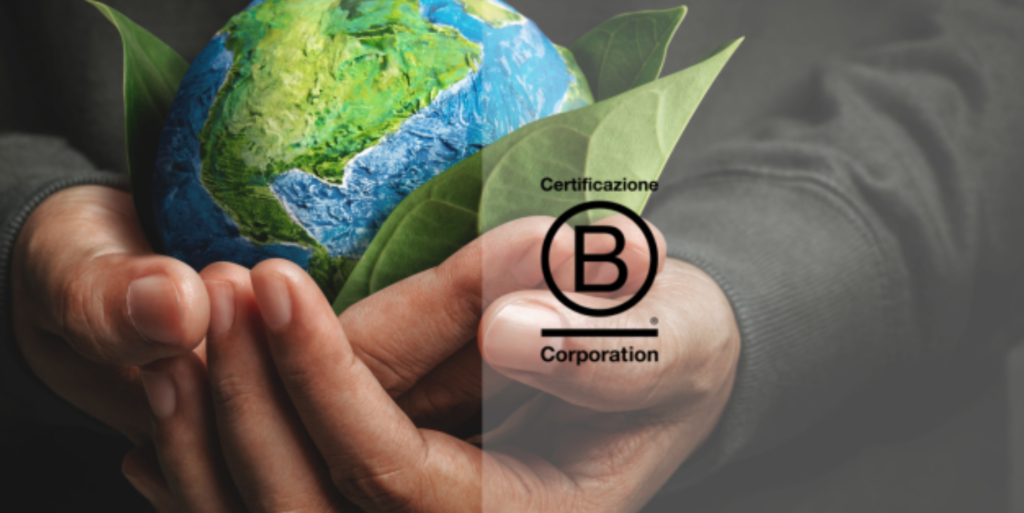
What does being a B-Corp mean?
A B-Corp (Benefit Corporation) is a certification awarded to companies that meet rigorous criteria of social and environmental performance, transparency and accountability. Compared to traditional companies that focus primarily on profit, B-Corps pursue a broader objective that includes concern for the community, the environment and employees. Many companies are embarking on a path towards B-Corp certification for a more ethical and inclusive future.
B-Corps are evaluated by B Lab, a non-profit organisation that measures the impact of companies through various indicators. They include sustainability, social equity and commitment to employee welfare. In the fashion world, this certification is increasingly appreciated by consumers and companies themselves, as it demonstrates a commitment to combining aesthetics and sustainability. For this reason, many companies are seeking certification.
Patagonia: A B-Corp Pioneer in Fashion
Patagonia, the well-known environmentally friendly outdoor clothing brand, is one of the most emblematic examples of a B-Corp company in the fashion industry. The company, founded in 1973 by Yvon Chouinard, has been a benchmark for the eco-sustainable movement for years. Not only has it adopted responsible production practices, it has also made social and environmental commitment the core of its corporate mission.
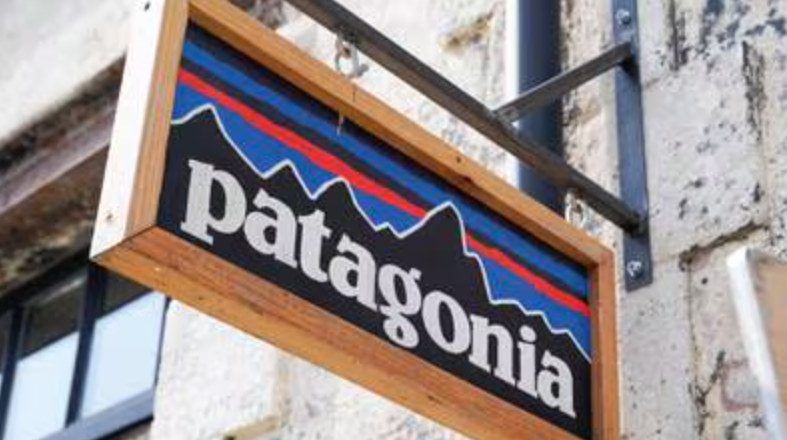
The B-Corp certification for Patagonia was not a mere formality, but a confirmation of the approach the company has always had. Patagonia is committed to using recycled materials, reducing the impact of its production and implementing fair labour practices at all stages of the production chain. An example of this is the ‘Worn Wear’ initiative, which encourages the recycling and reuse of garments, helping to reduce waste in the fashion industry.
In 2022, Patagonia then decided to donate 100% of its annual profit to environmental causes, confirming its vocation to pursue a positive impact on the planet rather than maximising profits. This kind of innovative approach is a concrete demonstration of how a brand can prosper without compromising its ethical values.
Other B-Corp Certified Fashion Companies
Whilst Patagonia is certainly one of the best known, the fashion world is seeing the growth of other companies that are committed to the same direction. These companies are concerned with minimising their ecological impact by embarking on a path towards certification. They also try to promote a change in consumers’ mindsets, to make them more aware of the origin and impact of the garments they buy.
Here are some of the most interesting B-Corp companies in the fashion industry:
Reformation – The US womenswear brand is known for its focus on sustainability. It uses eco-friendly materials, such as organic cotton and recycled fabrics. It also has a clear production process that allows customers to know the environmental impact of each product. The company is also an example of how fashion can be as stylish as it is ethical.
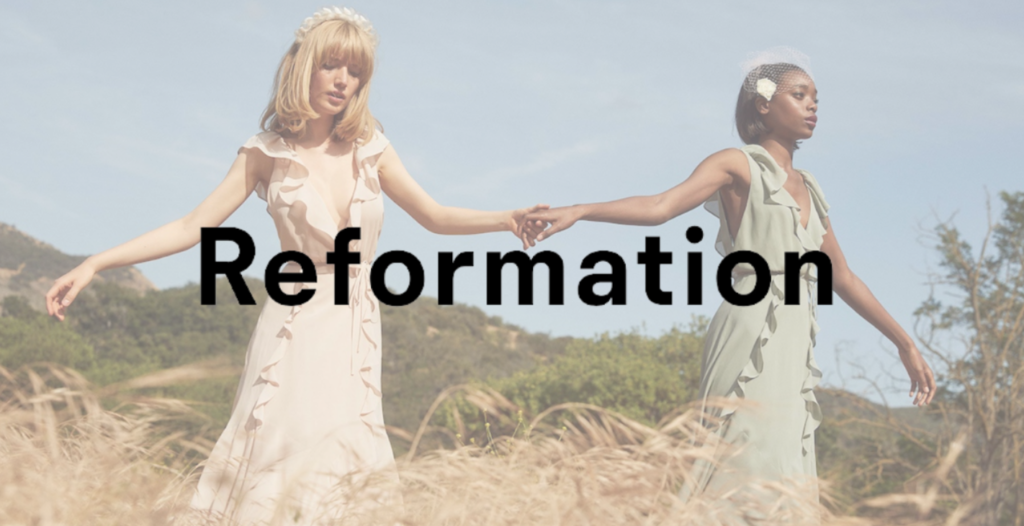
Allbirds – Another innovative, B-Corp certified brand is Allbirds, known for its shoes made from natural materials such as merino wool and hemp. The company promotes a business model that aims to reduce its carbon footprint through environmentally friendly production practices and by using recyclable packaging.
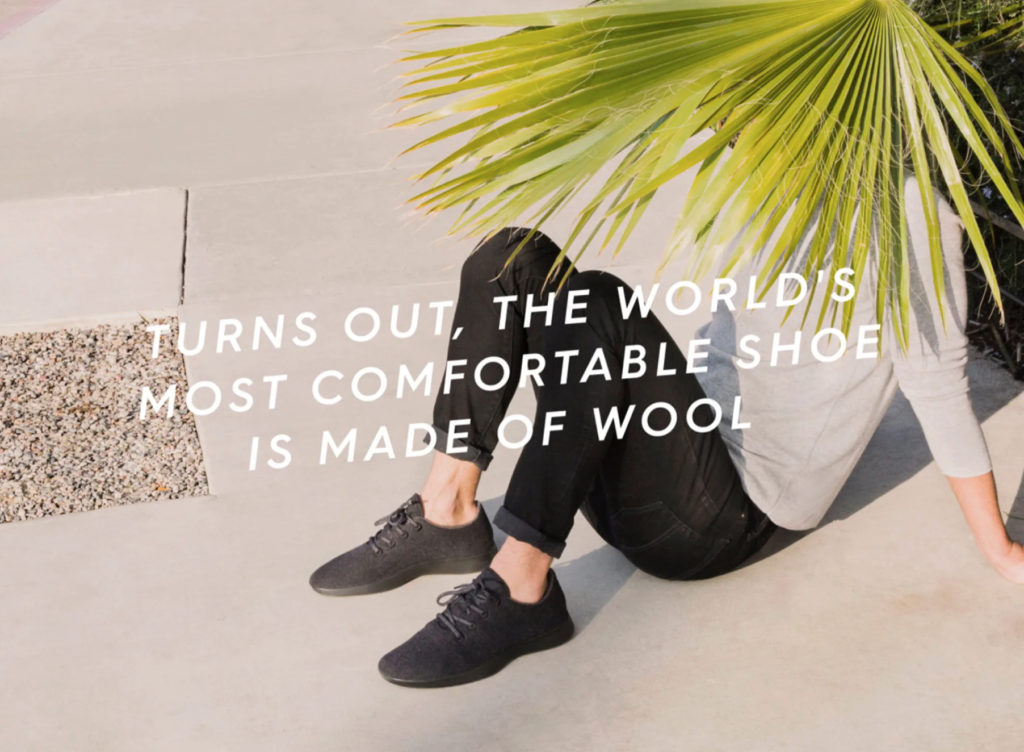
Pact – This brand uses only certified organic cotton and is strongly committed to fair working conditions for all its employees. Pact is an example of how it is possible to produce comfortable, quality garments without harming the environment.
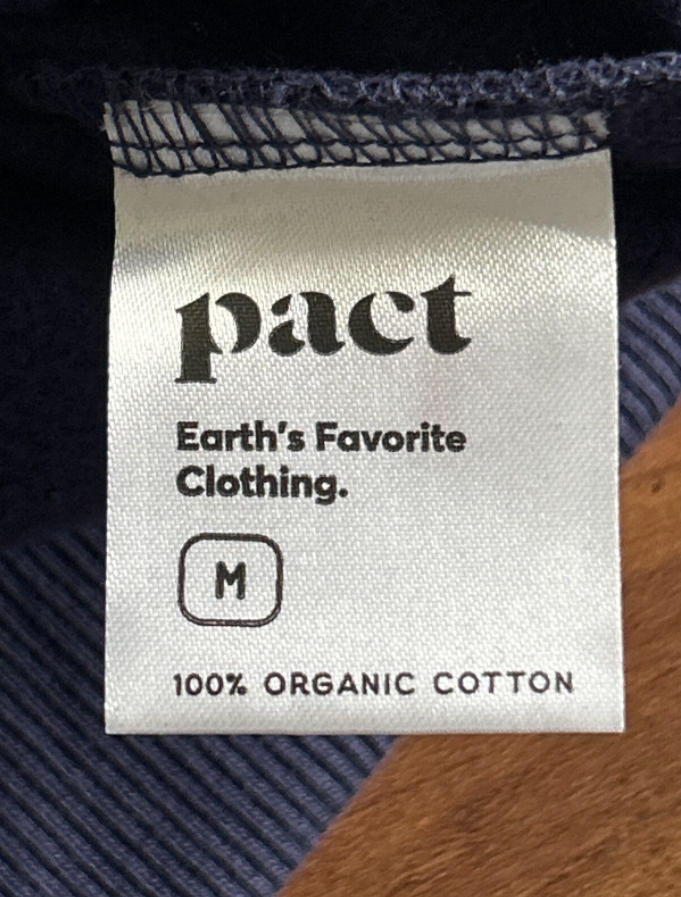
Toms – Known for its casual shoes, Toms is also a B-Corp committed to social and environmental initiatives. Among them, donating a pair of shoes to those in need for every purchase made was an example of how companies can combine business with the common good.
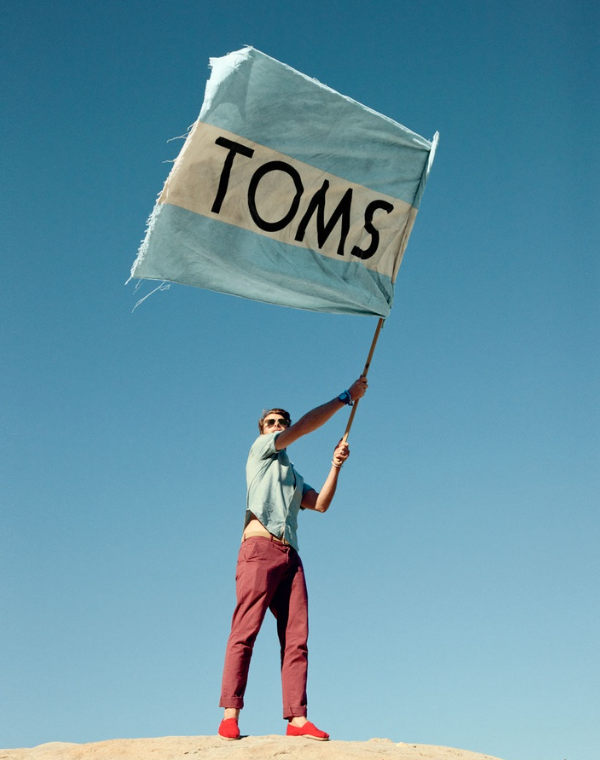
Benefits of B-Corp Certification in Fashion
Achieving B-Corp certification is not only a matter of ethics for companies, but also a competitive advantage. This is because we live in an era where consumers are more attentive to the origin of products and the practices of companies. In this context, being B-Corp certified can increase customer trust and loyalty. Furthermore, B-Corp certification can strengthen a brand’s image, showing it as a leader in the movement for more ethical and responsible fashion.
B-Corp companies are not only ethical, they are also more transparent and open. To be evaluated by a third-party body such as B Lab ensures that consumers can trust the information provided by companies and their business practices. This transparency becomes an advantage in an industry like fashion, where consumer trust is essential.
The Challenges of Sustainable Fashion and the Impact of B-Corp Certification
Despite the increasing interest in B-Corp certifications, the way to fully sustainable fashion is still long. The fashion industry is one of the most polluting in the world, in terms of CO2 emissions, water consumption and waste production. The B-Corp companies also face numerous challenges. These include the complexity of production chains, the cost of sustainable materials and the need to educate consumers about sustainability.
Moreover, the demand for ‘fast’ and cheap garments, typical of fast fashion, is an obstacle. However, brands such as Patagonia and Reformation show that it is possible to be profitable even while maintaining high ethical and environmental standards.
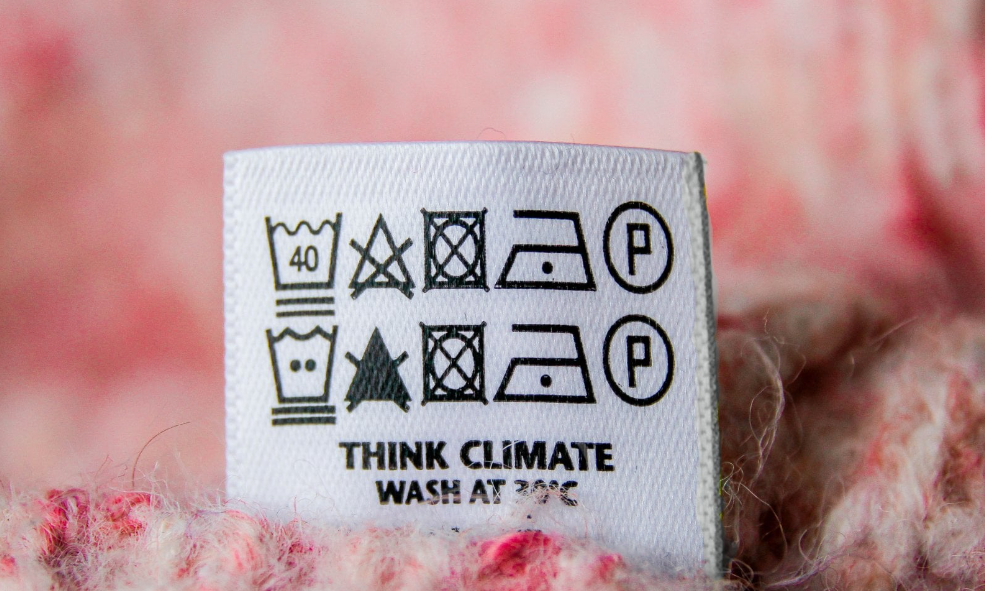
Conclusions: The Future of Fashion is Sustainable
The future of fashion seems to be increasingly moving towards a sustainable and ethical model, and B-Corp certification is a fundamental step in this direction. Many companies are embarking on a path towards B-Corp certification such as Patagonia and other innovative companies, demonstrating that it is possible to combine aesthetics and sustainability. With increasing consumer awareness and evolving regulations, the fashion industry may soon be dominated by companies that put social and environmental responsibility at the heart of their operations.
B-Corps in the fashion world are not a passing fad, but a revolution pushing the industry towards a positive and lasting change. The only question is: which company will be the next to become an example of sustainability in the fashion industry?



